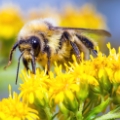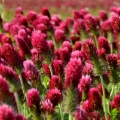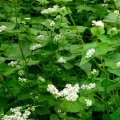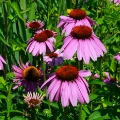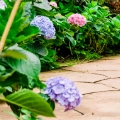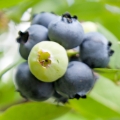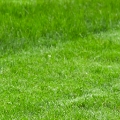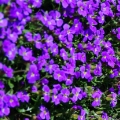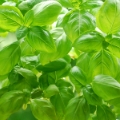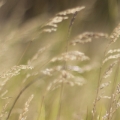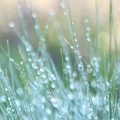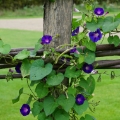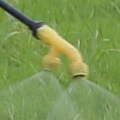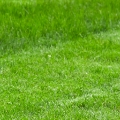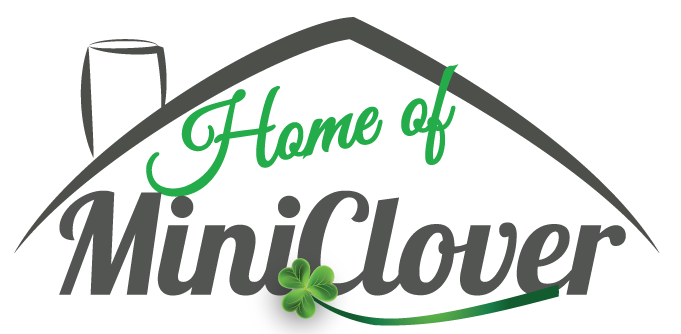Sweet Clover - White

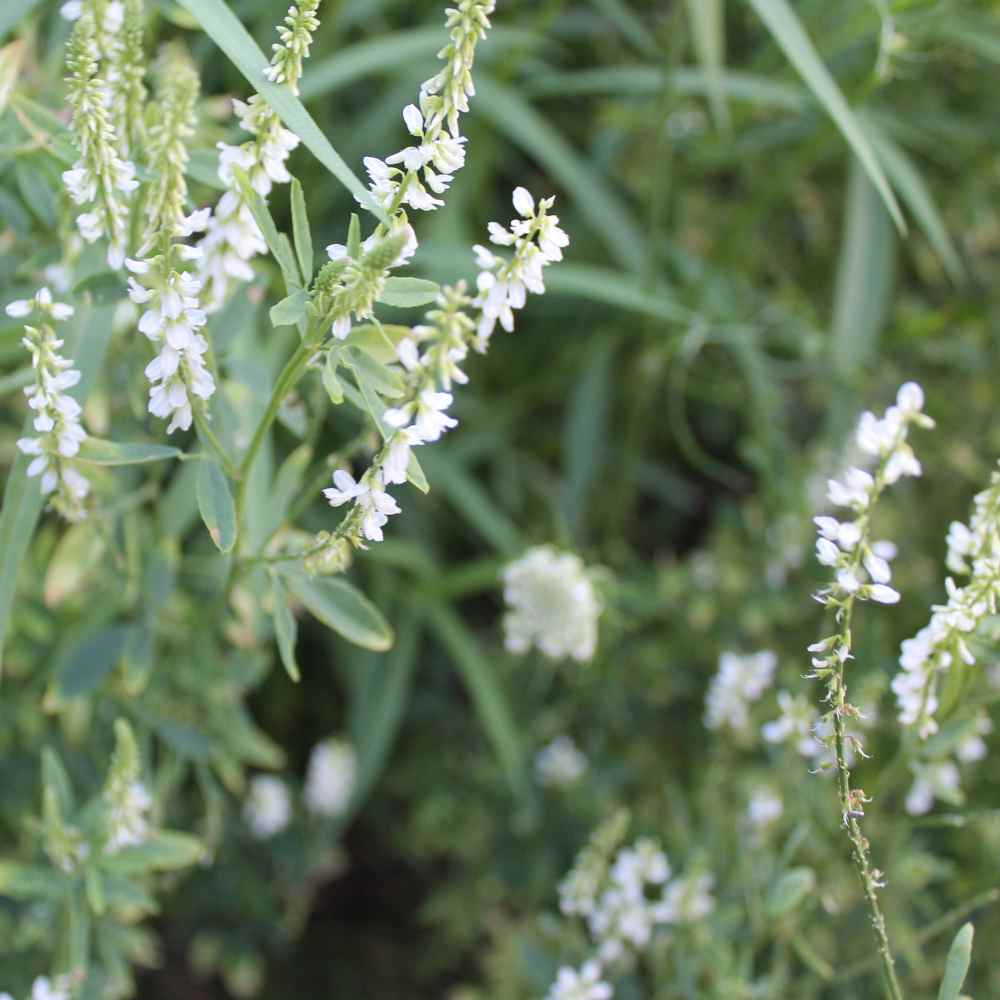
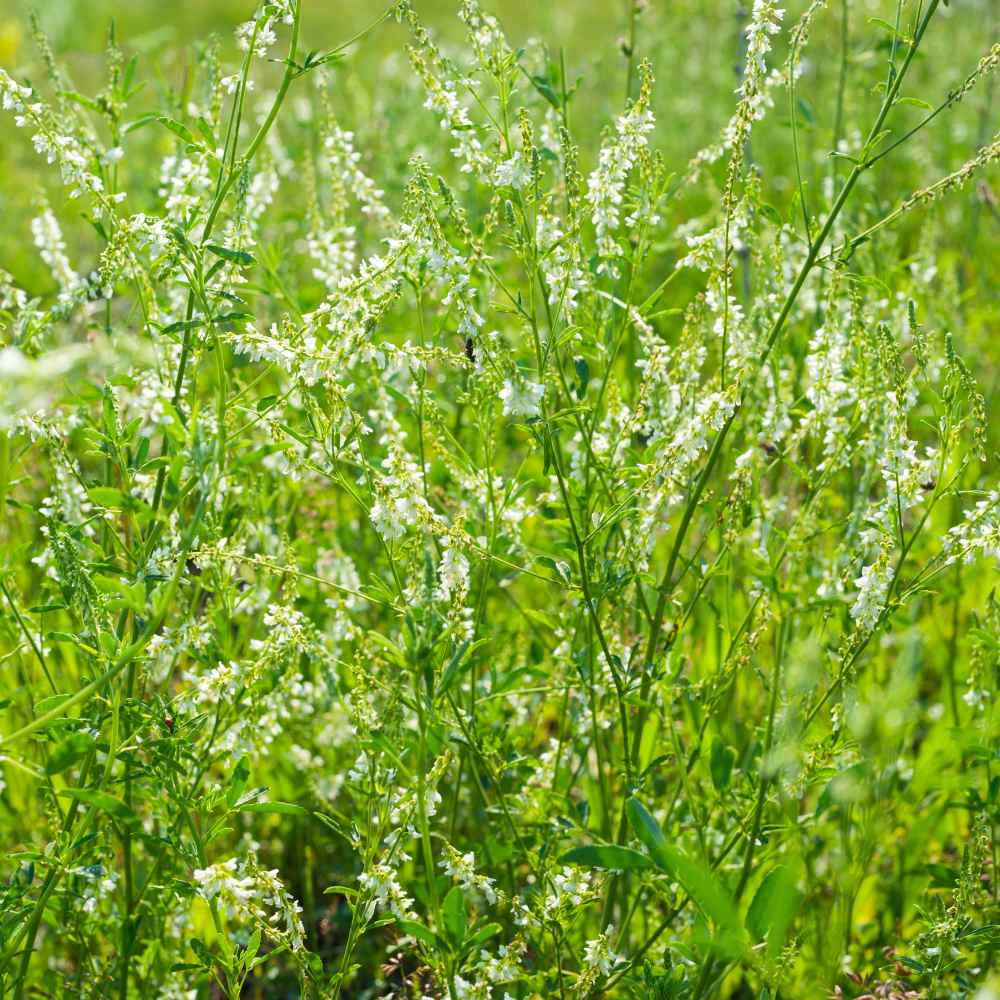
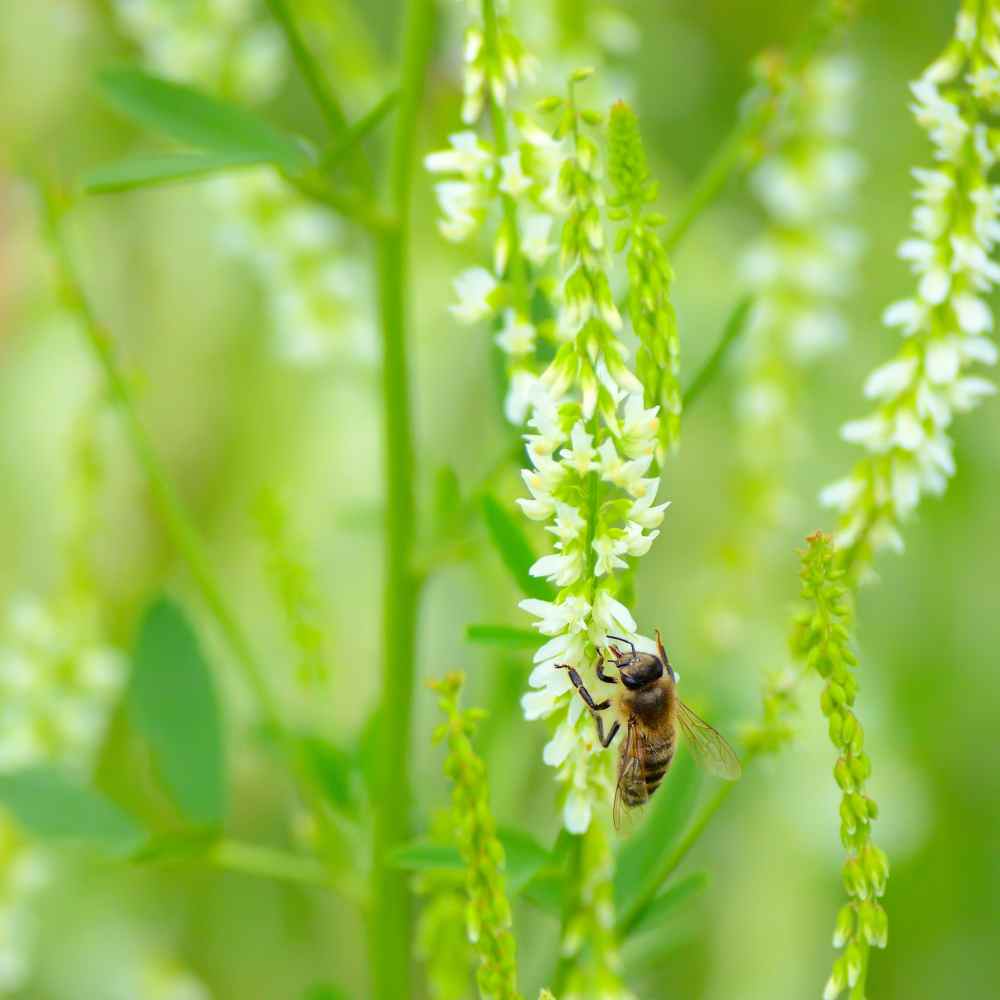
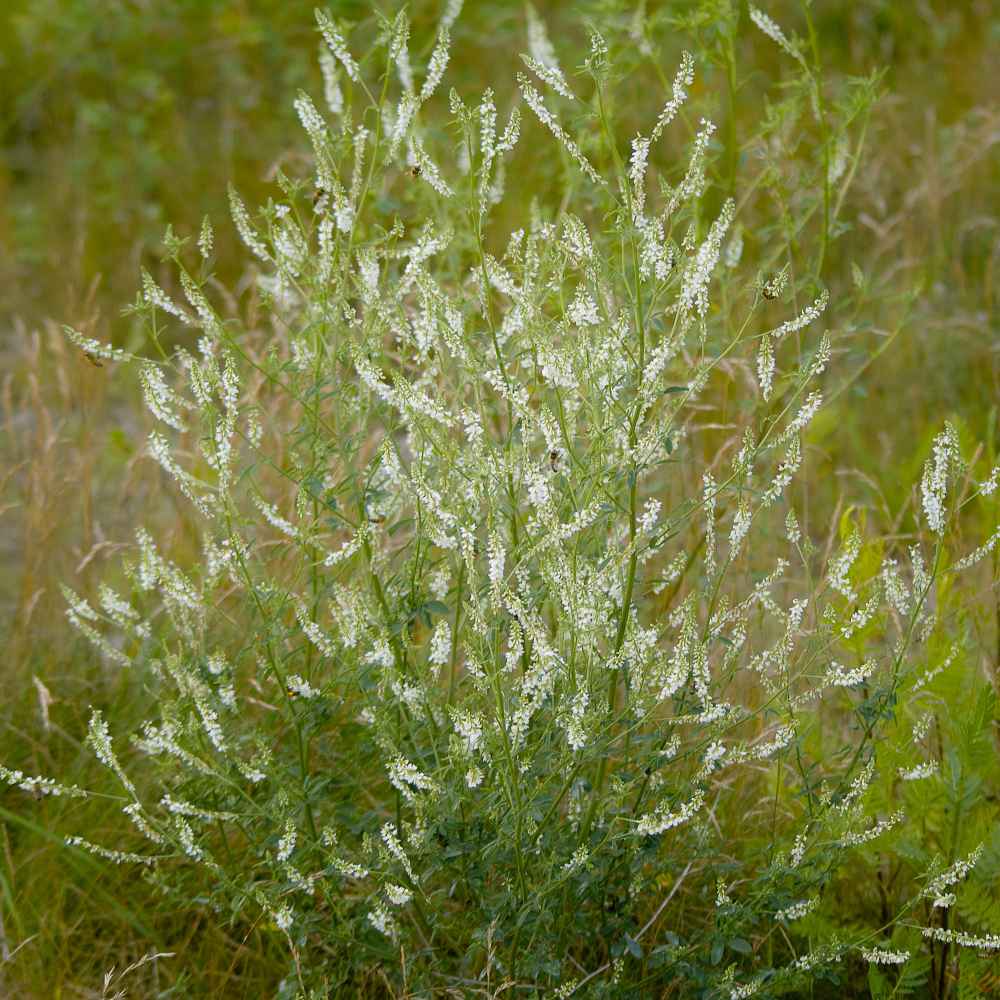
White Sweet Clover (Melilotus Alba) - Sweet clovers are widely used as erosion controls, ground cover, forage, and honey production. Clover is a legume and has nitrogen fixing capabilities, thereby improving soils for other crops. The plant is a biennial and was introduced to the United States in the 1700s. It has been seen as a weed by some, but as a useful plant for forage, soil management and honeybee production by others. White sweet clover requires moist soils and cool temperatures for germination and is generally seeded from bulk clover seeds in early spring to accommodate these conditions.
White sweet clover is a fast growing clover which produces a white flower and typically reaches 3 - 5 feet all. The blooms are sweet smelling and a favorite of honey bees and give their honey a recognizable flavor. While technically a perennial, white sweet clover is not persistent and is used as a biennial and reseeded annually to provide consistent coverage. It does well in a variety of soils and has no pH preference. The average germination time is seven to 10 days for white sweet clover seeds.
Soil temperatures are an important component in clover seed germination. White sweet clover germinates at a minimum 41 degrees Fahrenheit but the best germination occurs when soils are 64 to 68 degrees. Combined with white clover's requirement for moist soil and cool ambient temperatures, spring is the optimum time for germination.
Inoculated Seed - Our White Sweet clover seed has been coated with an inoculant for better establishment. Nitrogen fixation is a one of the key values found in legumes and can only occur with the proper inoculation. Although many strains or Rhizobium may be present in the soil, all are not equally beneficial. With Nitro-Coat® each seed is inoculated with the correct Rhizobium strains and coated through a proven process that ensures a very high level of successful inoculation. A key to any successful establishment and early seed development is moisture. Nitro-Coat® is naturally water absorbent and helps attract soil moisture to the seed, getting your stand established quickly. This coating process which Outsidepride utilizes, assures that only the top-performing and crop-specific rhizobia will be applied to ensure your clovers reach maximum nodulation, stand establishment, and yield potential. With Nitro-Coat® each seed is inoculated with the correct Rhizobium strains and coated through a proven process that ensures a very high level of successful inoculation. The weight of the clover seeds will contain approximately 34% coating material that contains the inoculant and water holding material for better establishment and viability of the seed. There is no difference in the seeding rates between the coated and raw seed due to the increased germination and viability of the bulk clover seeds that are coated and inoculated. This coating material is not OMRI certified.
Seeding rate 12 to 15 lbs/acre.
Sweet Clovers Are...
Widely used as erosion controls, ground cover, forage, and honey production.

Sweet Clover - White
How to Grow
Soil temperatures are an important component in clover seed germination. White sweet clover germinates at a minimum 41 degrees Fahrenheit but the best germination occurs when soils are 64 to 68 degrees. Combined with white clover's requirement for moist soil and cool ambient temperatures, spring is the optimum time for germination. While technically a perennial, white sweet clover is not persistent and is used as a biennial and reseeded annually to provide consistent coverage. It does well in a variety of soils and has no pH preference.
- The average germination time is seven to 10 days for white sweet clover seeds.

White Sweet Clover is a fast growing clover which produces a white flower and typically reaches 3 - 5 feet all. The blooms are sweet smelling and a favorite of honey bees and give their honey a recognizable flavor.
- Seeding rate 12 to 15 lbs/acre.

